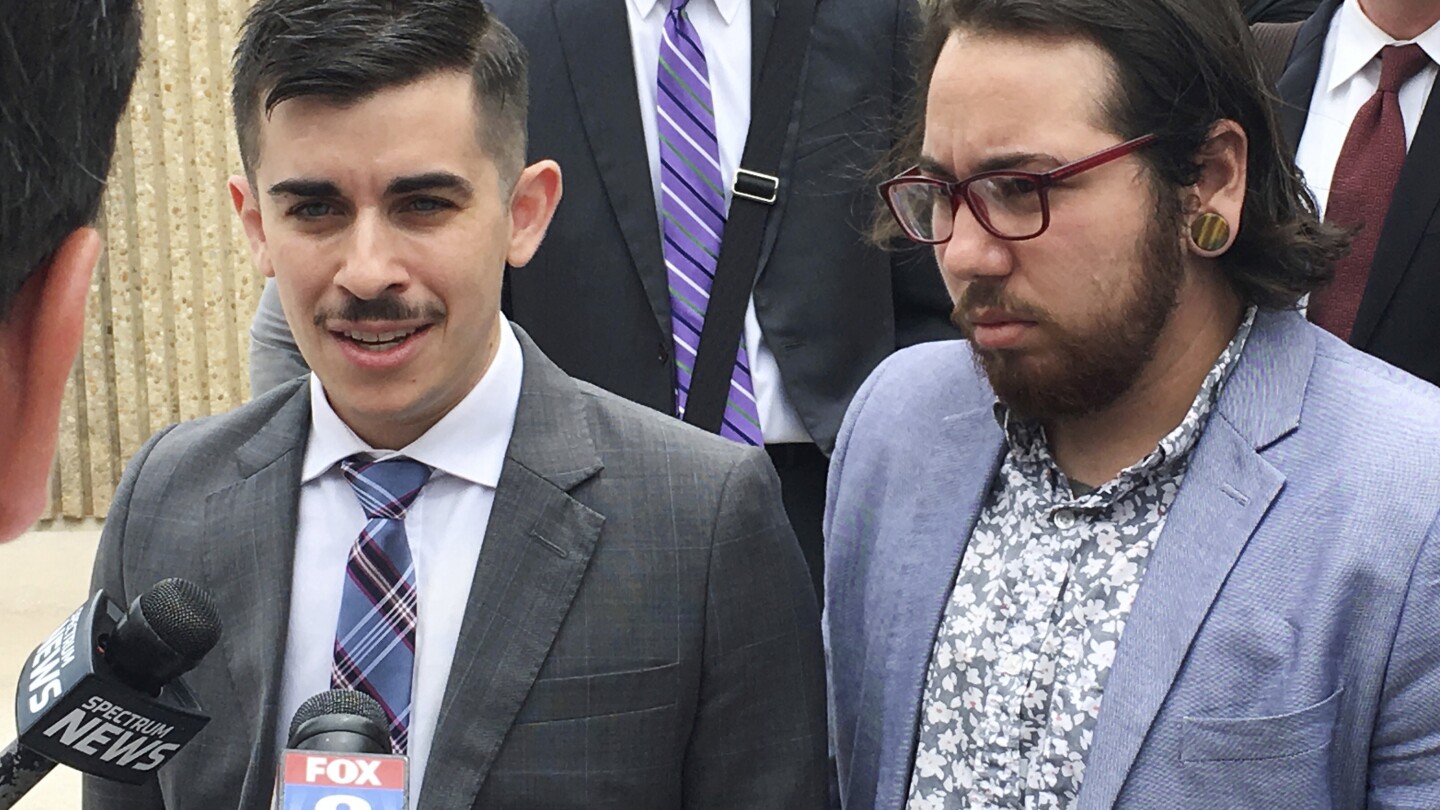Supreme Court to Hear Landmark Transgender Rights Case
As the Supreme Court prepares to tackle the heated subject of transgender rights, an attorney with personal stakes in the issue will take center stage. Chase Strangio, the first openly transgender lawyer to argue before the Supreme Court, will represent families against Tennessee’s restrictions on transgender minor healthcare.
This case emerges amidst growing backlash against transgender rights, a topic prominently featured in the political arena with figures like Republican Donald Trump expressing strong opposition. Strangio, a seasoned advocate, will leverage his extensive legal experience and personal journey in this high-profile case.
“I am able to do my job because I have had this health care that transformed and, frankly, saved my life,” Strangio shared, illustrating the importance of the healthcare issue at hand. He has been a notable figure in the legal community, having previously represented Chelsea Manning and challenged military service bans on transgender individuals.
The case highlights a broader trend of U.S. states enacting laws that limit gender-affirming healthcare for transgender minors. In a related political move, House Speaker Mike Johnson has voiced support for restricting bathroom access based on sex assigned at birth.
Tennessee’s defense, led by state Solicitor General Matt Rice, argues that the restrictions are in place to protect minors from the risks associated with treatments like puberty blockers and hormones. Tennessee contends that the law prevents minors from making premature decisions about their healthcare.
Rice, who previously clerked for Justice Clarence Thomas, is not new to the legal challenges surrounding transgender issues. Despite the Biden administration’s support for the challenge, shifts in federal policy are anticipated with the incoming administration.
Strangio remains committed to advocating for transgender youth, emphasizing the harm caused by denying necessary medical care. Prominent medical organizations, including the American Medical Association and the American Academy of Pediatrics, oppose the bans, asserting the safety of such care when appropriately administered.
“There is harm that is compounded when we are forcing young people to be denied care that their doctors and their parents and they themselves all agree they need,” Strangio stated. The Supreme Court’s decision, expected by summer, will have significant implications for transgender rights in the U.S.






